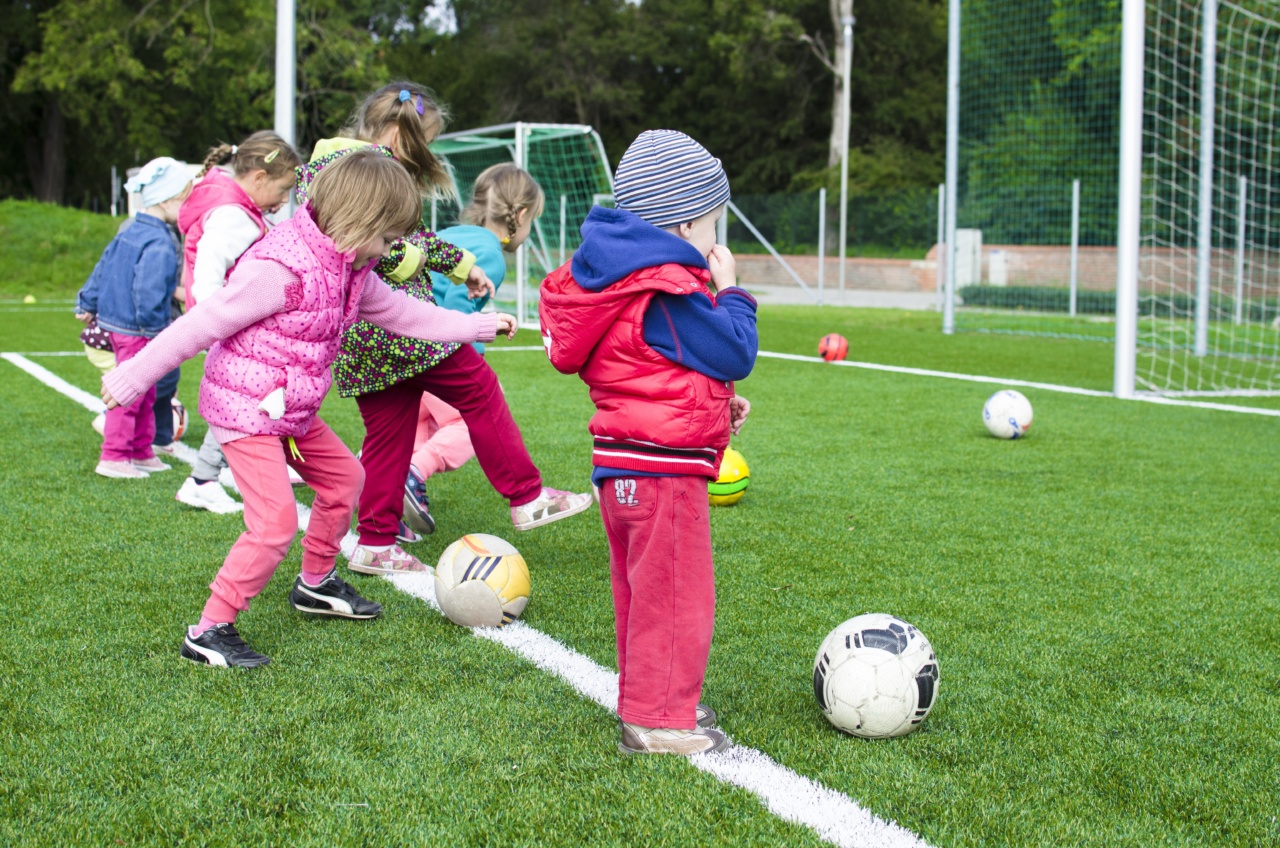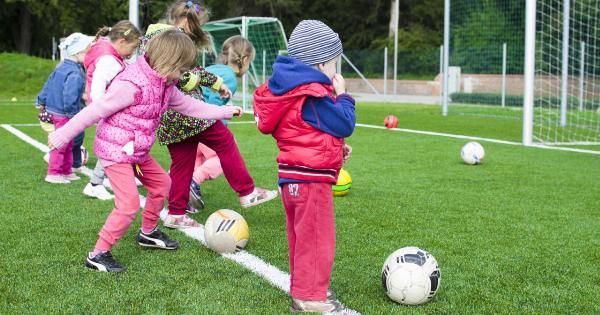Engaging in sports is not only beneficial for physical health, but also plays a vital role in the social development of children.
Through sports activities, children have the opportunity to interact with their peers, develop teamwork skills, and learn important values. In this article, we will explore the advantages of sports for children’s socialization.
1. Building Friendships
Sports provide children with a platform to meet and interact with other children who share similar interests. Whether they are part of a team or competing individually, children bond over their love for the sport.
This shared passion often leads to the formation of lasting friendships that extend beyond the playing field.
2. Learning Teamwork
Participating in team sports teaches children valuable lessons about the importance of teamwork. In team-based sports, children quickly realize that their success is dependent on the collective effort of the entire team.
They learn how to work together, cooperate, communicate, and support each other in order to achieve a common goal.
3. Developing Communication Skills
Sports require effective communication between players to coordinate their actions and make quick decisions. Children learn to communicate with their teammates on and off the field, enhancing their verbal and nonverbal communication skills.
This helps in developing their ability to express themselves clearly and understand others, which is crucial for healthy social interactions.
4. Enhancing Social Confidence
For children who may struggle with social confidence, sports can provide a safe and encouraging environment to boost their self-esteem. As they develop their skills and abilities in a sport, they gain a sense of accomplishment and confidence.
This newfound confidence often translates into other areas of their life, enabling them to form new relationships and face social challenges with a positive mindset.
5. Teaching Sportsmanship and Fair Play
Sports teach children the importance of fair play and good sportsmanship. They learn to respect rules, follow them, and accept both wins and losses with grace.
Through sports, children develop integrity, honesty, and the ability to be gracious winners and respectful losers. These values stay with them as they grow and become an integral part of their character.
6. Encouraging Conflict Resolution
Playing sports sometimes leads to conflicts and disagreements among teammates or opponents. Children learn to resolve these conflicts in a respectful and constructive manner.
They understand the importance of compromise, negotiation, and finding solutions that work for everyone involved. These conflict resolution skills are crucial for healthy social interactions both on and off the field.
7. Promoting Multicultural and Inclusive Mindset
Participating in sports exposes children to a diverse range of teammates and opponents. They learn to appreciate different cultures, backgrounds, and perspectives, fostering a sense of inclusivity and diversity.
This exposure helps break down stereotypes and prejudices that children may have, promoting a more inclusive and accepting society.
8. Teaching Leadership Skills
Sports provide opportunities for children to develop leadership skills. Whether it’s being a team captain, taking charge during a game, or guiding and motivating teammates, children learn the importance of leadership and responsibility.
These skills are transferable to various aspects of their lives, including academic and professional settings.
9. Building Resilience and Perseverance
Sports often present challenges and setbacks that children must overcome. Whether it’s losing a game, facing a tough opponent, or struggling with skill development, children learn to bounce back from failures and keep pushing forward.
This builds resilience, perseverance, and a “never give up” attitude that helps them face life’s challenges with determination.
10. Providing a Sense of Belonging
Participating in sports gives children a sense of belonging and identity. They become part of a team or a community that shares a common passion.
This feeling of belonging boosts their self-esteem, helps them feel valued, and provides a support system that extends beyond the sports field.































